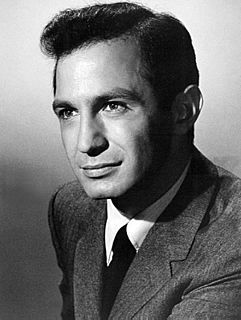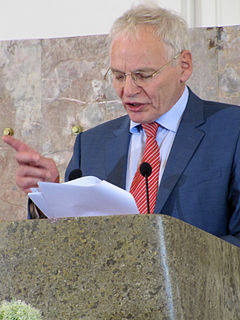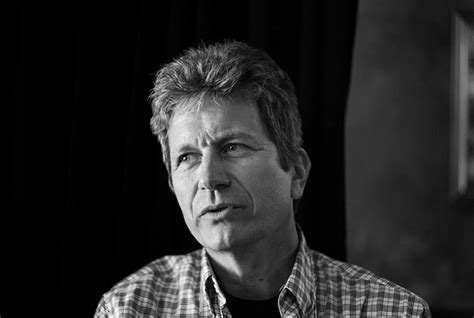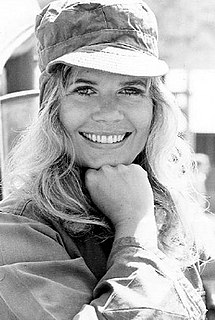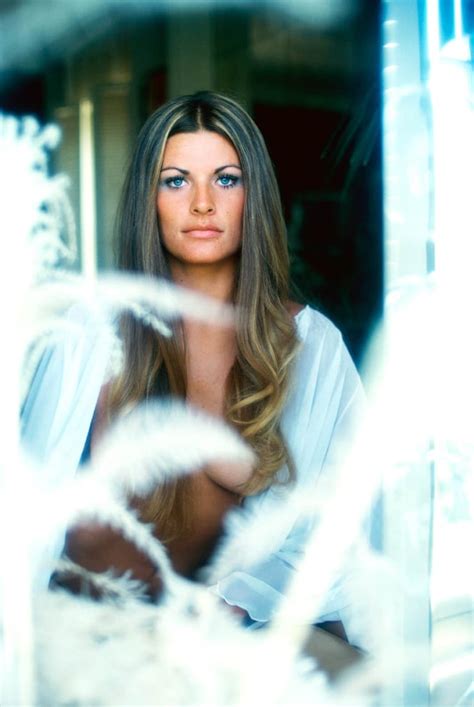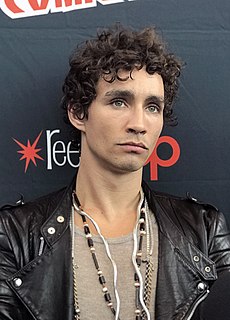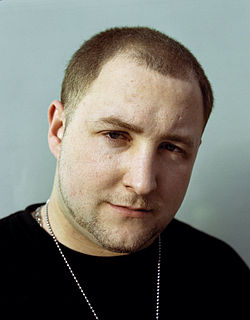A Quote by Ben Gazzara
some actors seek parts similar to their personalities. But, I prefer undergoing a metamorphosis that depends on the role .
Quote Topics
Related Quotes
One of the difficulties you run into is that acting and celebrity are so closely intertwined. People make careers out of being charismatic personalities. It's one of those things that people have come to expect from actors. Personalities that don't change from role to role. I don't want it that way.
Of course the U.K., and its component parts, should seek out as many connections with as many parts of the world as is profitable and feasible. But to play any kind of global role effectively, the U.K. is likely always to require allies within its own continent, and far more enterprise needs devoting to this.
Is individual gender suffering relieved at the price of role conformity and the perpetuation of role stereotypes on a social level? In changing sex, does the transsexual encourage a sexist society whose continued existence depends upon the perpetuation of these roles and stereotypes? These and similar questions are seldom raised in transsexual therapy at present.
